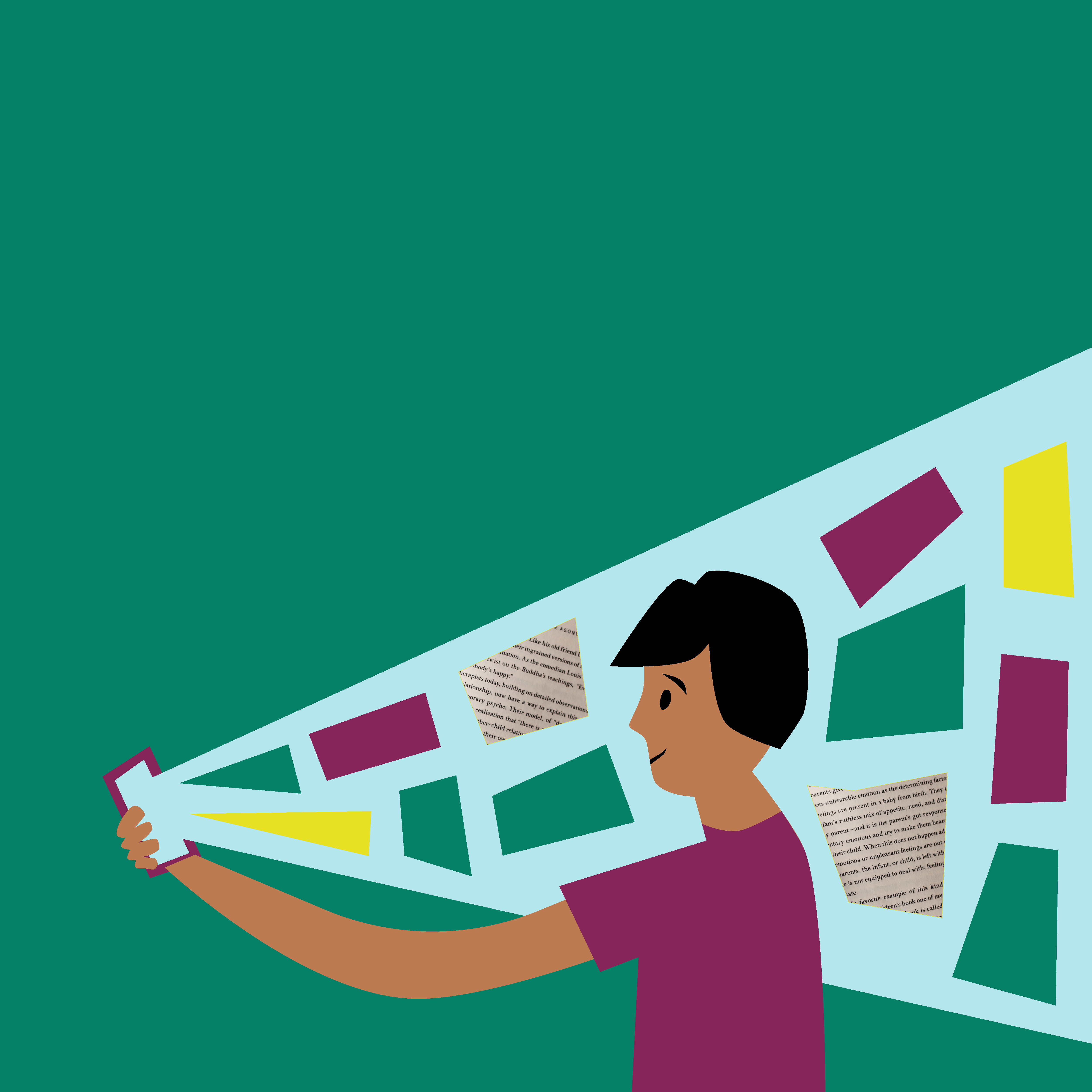Written with Lia Holland and Paul Signorelli
When asked about the use of digital content in their libraries, library staff - in all types of libraries - will mention the need for better broadband access in their communities. They recognize that the internet has become our public square in the 21st century, as more people conduct their lives digitally as well as in person. They know that libraries are often a conduit to this public square, providing access due to unreliable and expensive home broadband in their communities.
Roughly 25% of people in the U.S. do not have broadband access at home. In some rural areas, broadband is too expensive for companies to develop. In some cities, the internet is spotty, due to how it has been deployed. Many people are paying too much for internet access because of the lack of broadband competition in their areas. And then there are areas that can afford to have broadband installed, but internet providers choose not to service them because the profits would be too low.
In terms of library users, we know that some people cannot easily travel to their local library, so they are reliant on using the library online. During the COVID pandemic, many libraries closed their physical doors, while remaining open through their websites. In that way, they were able to deliver digital content and programming to their communities. While the pandemic demonstrated the necessity for people to connect to digital resources, we recognize there is a growing demand for access to digital materials that isn’t tied to the pandemic.
For example, students must access an increased set of online resources for their classes, and are now often more reliant on digital resources than on physical books. This access is dependent on broadband. Arizona State University (ASU) Chief Information Officer Lev Gonick said in an interview: “2020, for all the tragedy of COVID and the toll of human life and collective anxiety, is the year that universal broadband access moved from being a quixotic call in the wild to a near table stakes reality, especially for education needs.”
The reality is that people work, learn, and connect through the internet wherever they can find access. That might be at the library, in the parking lot of a fast food restaurant, borrowed from a neighbor, or through a loaned wifi hotspot. This injustice can be seen through an economic lens, where those that live below the poverty line do not control how they connect to the internet because of financial circumstances. Through the lens of racial injustice, the unequal deployment of broadband is seen as an economic and civil rights issue. This recent article about Cuba shows what length people will go to in order to make the internet work for them. Sadly, there are those in the US whose stories would sound just as dire. Thankfully, there are also examples that demonstrate the positives that can occur when broadband is available for all and which give us inspiration. This is what we want for everyone.
During our Library Futures community listening sessions, broadband was always one of the first issues mentioned by the library community. Expanding broadband is the focus of many groups, including Fight for the Future, Public Knowledge, Broadband Connects America, National Digital Inclusion Alliance, and ShapingEDU to name a few. There are initiatives in specific regions, like New York State’s Broadband for All. Every organization or government that is focused on broadband helps to push us closer to the reality that all will have easy, affordable access to high-speed internet.
We at Library Futures know broadband is critically important. In fact, our principles build upon broadband access for everyone: We must have universal broadband access for everyone so that learners of all types can access digital content wherever they are located. Universal broadband is a crucial issue for everyone concerned with digital libraries, and we vow to support those who are working towards broadband for all through our coalition and community with our six core principles like protecting the right to lend and content ownership as our primary focus. Together, we can ensure equitable access to libraries and their collections, whether it is through the internet or by walking through a library’s front door.
If you are not involved in an organization that is pushing for universal broadband, here are two ways you can get involved:
Use the form at BattleForTheNet.com to write to Congress and ask them to support net neutrality, subsidize internet access for anyone who needs it for the duration of this crisis, fund broadband deployment to ensure that rural communities have internet access; and much more. In addition, you can use this tool to contact state and local level representatives.
Check the Schools, Health, and Libraries Broadband (SHLB) Coalition list for organizations in your region and volunteer to help them work toward universal broadband access.
Finally, join Library Futures and help us empower libraries to fulfill their mission and provide non-discriminatory, open access to culture - through their digital doors - for the public good. Together we can make this happen!

